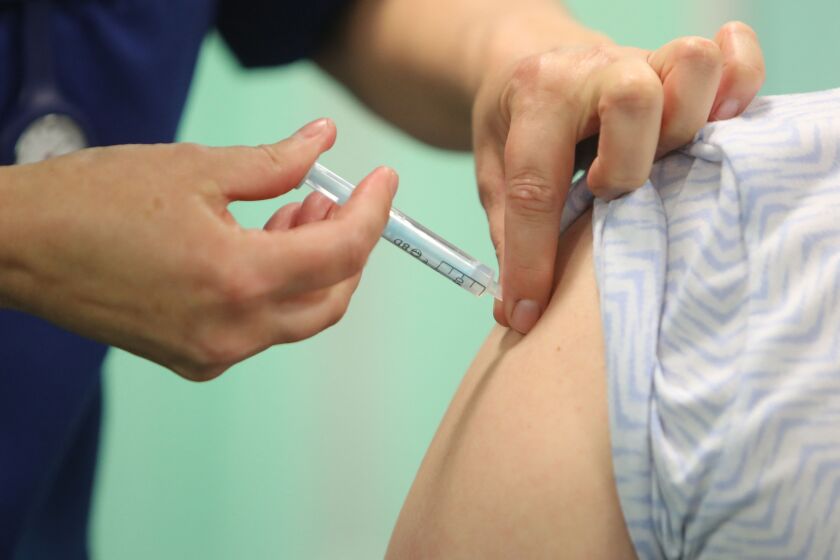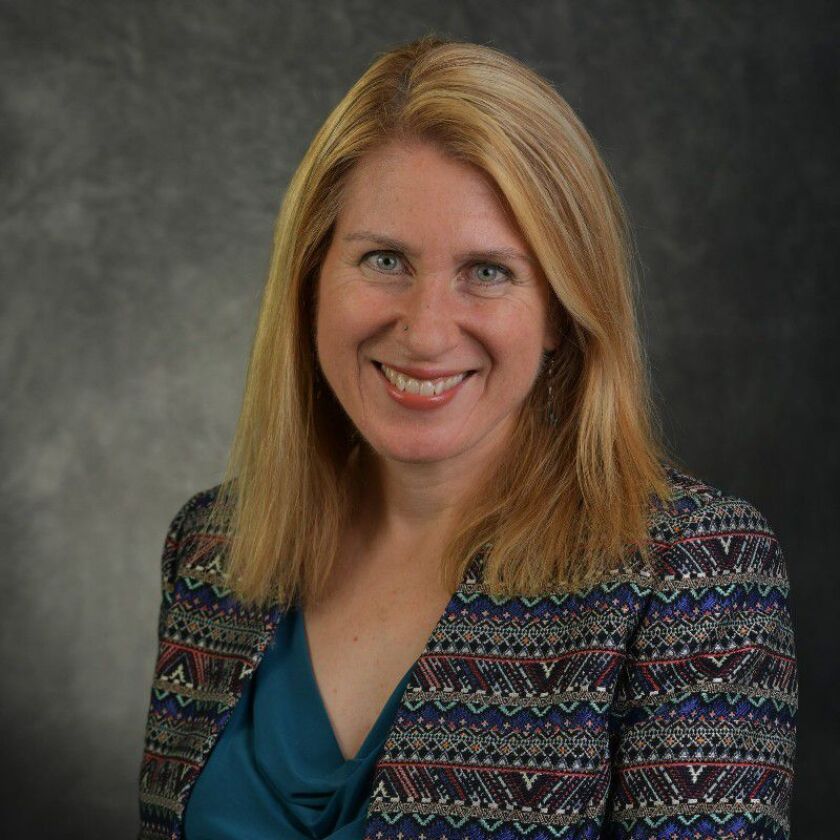Have the people you know and might be around been vaccinated? Many of us aren’t quite sure how to ask.
It’s a seemingly simple question whether you’re asking before going on a date with someone new or planning a long-awaited hangout with friends. But it can feel uncomfortable to ask.
Partly that’s because of polarizing opinions the pandemic has prompted.
“Not everyone places the same value on being vaccinated,” says Lynn F. Bufka, the American Psychological Association’s senior director of practice transformation and quality. “There are people who are quite clear that they do not want to be vaccinated.”
Also, asking might raise questions about access to the shots or medical conditions that might have made someone eligible sooner.
It also might strike some people as deeply personal.
“There are a lot of beliefs and emotions tied into decision-making, so know that whenever you ask about the decisions that others make, you are asking them to expose their inner workings,” says Andreas Michaelides, chief of psychology for Noom.
But that doesn’t mean you shouldn’t ask, especially if you are planning to see others without masks.
Per the latest Centers for Disease Control and Prevention guidelines, those who have received a full course of COVID-19 vaccine are fine to get together with other fully vaccinated individuals in small groups inside their homes without needing to wear masks or keep their distance. They can visit with unvaccinated people from one other household who are at low risk for severe disease, the CDC says.
For business situations, like booking a hairdressing appointment or hiring a babysitter, Bufka suggests saying something along these lines: “I’d like to know what kind of safety precautions might be in place. I’ve been vaccinated. Could you tell me about what’s happening where you are?”
For family and friends, make your safety boundaries clear.
“Understand what the current public health recommendations are in this space, and make a determination about what your household has determined is OK,” Bufka says.
For example, you could say, “Our practice is such and such. Could you let us know, then, are you vaccinated or not?”
If you’d like to ease into the conversation, Michaelides suggests: “Start by saying that you received the vaccine or are relieved to have received it when you deem it’s appropriate. By being the sharer, you might be able to instantly tell if the person doesn’t feel comfortable and changes the topic of conversation.”
Some things to remember when you ask:
- Be aware you might not get the answer you want. ”People should kind of go in with that understanding then that they might not be hearing what they expect to hear,” Bufka says.
- Try not to be judgmental. ”Understand that people approach this from different vantage points with different kinds of information,” Bufka says. If someone hasn’t been vaccinated yet, “There could be reasons that we never thought of.”
Michaelides says, “Be sympathetic towards the people you are asking, as you may not be fully aware of what they’ve been through in the past year or if they’ve had trouble getting the vaccine.”
- Remember your own boundaries. If your vaccination question is met with a response you’re not hoping for, Bufka suggests staying within your boundaries by offering safe options or alternatives for a different date.
“Whether it’s a family member or a friend, ‘I’d like to be able to see you. I’d be happy to meet you outside or XYZ,’ “ she suggests saying. “Or, ‘We can revisit this if the guidance from the health department changes,’ so that it’s not necessarily end of the deal.”
If you’re met with a “no” from your babysitter, contractor or other business person, Bufka says you can convey that “today’s decision is not the decision for the rest of time.”
For example, she suggests saying: “We’d love to have you babysit in the future, but we’re going to wait. For us, it’s really important to make sure our children are not exposed.”
- Don’t feel bad. Though these conversations can be uncomfortable, Bufka says there isn’t anything to feel guilty about.
“People need to make decisions that are right for their personal wellbeing and comfort,” she says. “This is about personal health and public health.”
Similar logic applies to asking a sexual partner about sexually transmitted diseases.
“We can’t roll it back if we’ve had the encounter, if we had the potential exposure,” Bufka says. “So it’s far better to ask the question ahead of time so that you can be making as fully informed a decision as you can.”
Read more at usatoday.com






